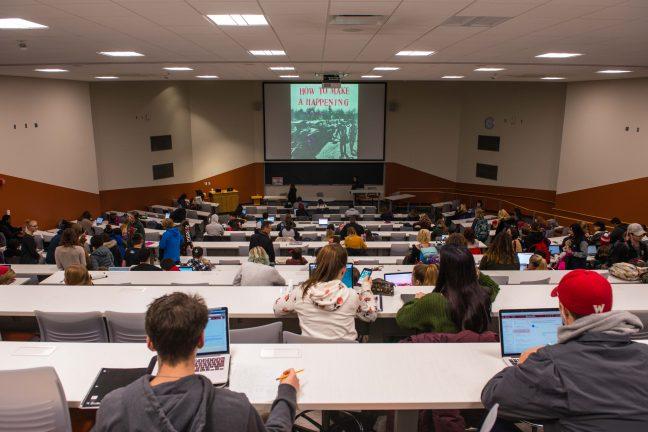This past December, the FCC repealed the regulations collectively known as net neutrality. In essence, net neutrality prevents internet service providers, often abbreviated as ISPs, from up-charging for certain services.
Without these regulations, ISPs have almost complete control over what they offer and are free to throttle users who can’t afford “fast-lane” internet. Net neutrality is supported by a majority of Americans across the political spectrum, according to a study conducted by the School of Public Policy at the University of Maryland. It is noteworthy that in our democracy, such an eminently popular policy can be scrapped by an unelected committee as a simple administrative matter.
Given the unpopularity of the repeal, it’s easy to see why some governors have made sure to take up the mantle of consumer protection. In California, for example, a bill has been passed by the legislature introducing restrictions which were lost in the recent ban, which effectively reinstates net neutrality in the state. Only time will tell if state-level countermeasures will be successful, or score points for the politicians who support them.
UW professor says rising sea levels threaten to internet infrastructure
Gov. Scott Walker knows a thing or two about standing up to the federal government. While in office he has refused federal funding for a high-speed rail line between Madison and Milwaukee, as well as argued against an expansion of Medicaid. Surely, he should be chomping at the bit to stand up to the federal government and protect net neutrality in Wisconsin.
After all, he might be angering big ISPs, but he may even win the favor of tech companies like Amazon or Netflix who opposed the repeal of net neutrality. Furthermore, Wisconsin is not a particularly wealthy state and its citizens would likely be hit relatively hard by the imminent tiering of the internet.
For a man who prides himself on being an ‘education governor,’ it would make sense for him to fight to keep net neutrality regulations, which bring digital equity to low-income students. Net neutrality provided educational opportunities to the students who needed them the most. Furthermore, Walker has an election coming up this fall, and net neutrality is an easy play to voters.
Sadly, there is not a chance Walker will do anything. It doesn’t matter that net neutrality is popular even among conservative voters; it is ancillary to the goals of Walker’s governorship. Walker is not such a ruthless political operator that he would betray his core values to dunk on faceless telecommunications companies. That isn’t to say he’s not ruthless — rather, his ruthlessness has a purpose other than his own political clout.
Since Walker took office in 2010, his goal to domesticate the Wisconsin working class and cripple the Wisconsin state government’s ability to serve its people has been clear. From his campaign that broke the backs of teachers’ unions to his gutting of funding for the University of Wisconsin System, Walker has sought to stack the deck against poor and working people since the start of his reign.
Lawmakers must be held to a higher standard in creation of welfare laws
Perhaps Walker sees net neutrality repeal as politically useful — perhaps he hasn’t given it a second thought. Regardless, limiting access to the internet is but another blow to working people in this state.
The internet is so many things — it can carry ideas to new people, it can connect disparate communities or it can simply enrich the lives of individuals.
It can give first-generation college students essential information during their application process.
It can help poor school districts access information and materials they might never otherwise be able to.
It is an obvious public good that, like so many obvious public goods in this state, will be sent to the glue factory in the name of global capitalism.
Working class students at the University of Wisconsin and working people throughout the entire state deserve equal access to the internet. They deserve dignity and autonomy, which the internet can help provide. Let’s work to give them that.
Sam Palmer ([email protected]) is a senior majoring in biology.





















